Age-Appropriate Transition Assessment
The IEP must include appropriate measurable postsecondary goals based upon age-appropriate transition assessment related to training, education, employment, and where appropriate, independent living skills. 34 CFR 300.320(b)(1), IDEA
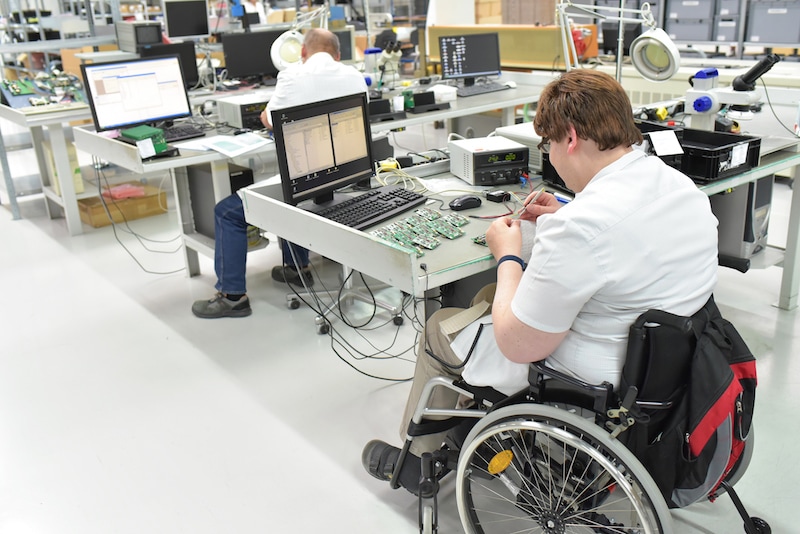
The Transition Assessment
Transition assessment must be an ongoing process to develop a good sense of what the student’s preferences, interests, needs and strengths are. Federal law requires a transition assessment to be completed prior to writing the students measurable postsecondary goals. Wisconsin requires the transition assessment is completed during the timeframe of the IEP when the student will be turning 14. A transition assessment is conducted to identify steps in the Postsecondary Transition Plan (PTP).
There are two different types of transition assessment, formal and informal. Both types of transition assessment can provide valuable information. Formal assessment generally are more standardized or paper/pencil type assessment conducted by a professional with a license or certification to administer this type of assessment. Some examples may include: intelligence tests or aptitude surveys.
Informal assessments offer a wide variety of creativity to meet the needs of the student. Examples may include: observations in community, home and classroom environments or on the job, informal interviews with the student, family or educators, questionnaires, interest and transition planning inventories, or self-advocacy measures.
What is the difference between the ACP and the IEP/PTP?
ACP is a process of connecting academics to career development that begins in grade 6. Engaging in ACP will result in an e-portfolio product which should be used to inform the student’s IEP/PTP. Such information will inform annual goals, course of study, transition services provided, and postsecondary goals for the students IEP/PTP. The initial PTP is completed at the first IEP meeting during the timeframe of the IEP when the student reaches the age of 14. Because the ACP and the IEP/PTP are developed for the individual student, the resources and services will be unique to each student under both the ACP process and IEP/PTP development. Engaging in the ACP process will provide increased self-knowledge and resources to the student with an IEP as they transition from high school to postsecondary school and employment.



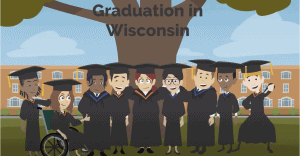

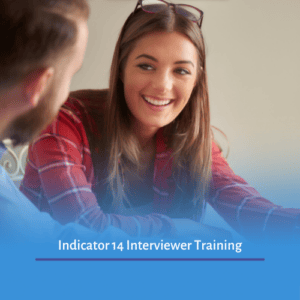
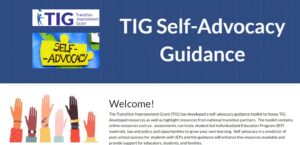 TIG Self-Advocacy Guidance Google Site
TIG Self-Advocacy Guidance Google Site 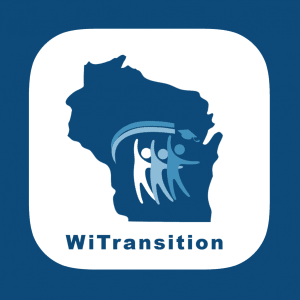
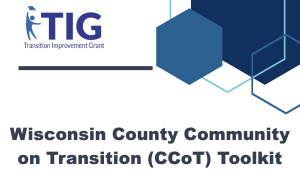 Wisconsin County Community on Transition (CCoT) Toolkit
Wisconsin County Community on Transition (CCoT) Toolkit